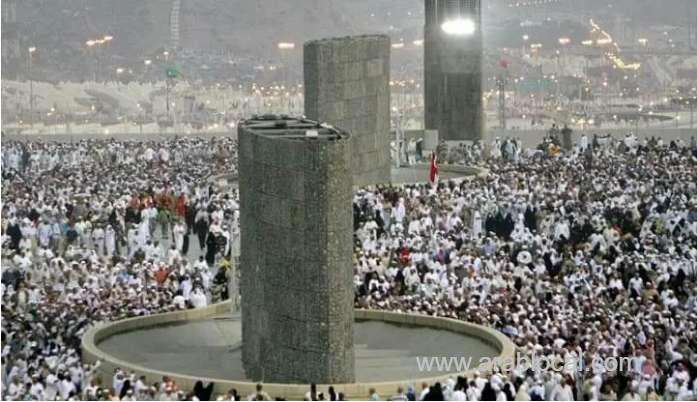Have you ever wondered why we throw stones at Jamarat during Hajj? This ritual holds a significant virtue in the pilgrimage, honoring the obedience of Prophet Ibrahim (Peace be upon him) towards Allah Almighty. Let's delve into the profound meaning behind the act of stoning Jamarat and its connection to the sacrifice of Prophet Ismail (Peace be upon him).
Jamarat refers to the three stone pillars known as Jamarat-al-Ula, Jamarat-al-Wusta, and Jamarat-al-Aqaba. Pilgrims participate in the ritual of throwing stones at these pillars, retracing the footsteps of Prophet Ibrahim (Peace be upon him) and expressing their devotion to Allah (SWT).
The sacrifice of Prophet Ibrahim's son serves as the foundation for this ritual. When Prophet Ismail (Peace be upon him) was born, Prophet Ibrahim (Peace be upon him) was commanded by Allah (SWT) to leave his son and wife in the desert. Years later, through a series of divine messages, Prophet Ibrahim (Peace be upon him) was instructed to sacrifice his beloved son as a test of his unwavering obedience.
Upon reaching Mina, Prophet Ibrahim (Peace be upon him) consulted his son, Prophet Ismail (Peace be upon him), about Allah's command. Without hesitation, Prophet Ismail (Peace be upon him) encouraged his father to fulfill the divine order.
During this momentous journey, Satan attempted to deter Prophet Ibrahim (Peace be upon him) from carrying out the sacrifice. Satan appeared at each of the three Jamarat locations, and Prophet Ibrahim (Peace be upon him) steadfastly threw seven stones at Satan each time, symbolizing his rejection of evil and reaffirming his commitment to Allah's command.
As a testament to Prophet Ibrahim's (Peace be upon him) unwavering faith, Allah (SWT) replaced the sacrifice of Prophet Ismail (Peace be upon him) with a sheep at the last moment. This miraculous intervention demonstrated the ultimate test of Prophet Ibrahim's (Peace be upon him) devotion and highlighted the significance of sacrifice.
The stoning of Jamarat and the sacrifice performed during Eid ul Adha both serve as acts of obedience, following the Sunnah of Prophet Ibrahim (Peace be upon him). These rituals symbolize our willingness to submit to Allah's commands and emulate the unwavering faith displayed by the Prophet.
By participating in the ritual of stoning Jamarat during Hajj, pilgrims honor the legacy of Prophet Ibrahim (Peace be upon him) and his steadfast devotion to Allah (SWT). It serves as a reminder of the significance of obedience, sacrifice, and the unbreakable bond between Allah and His servants.
As we engage in this sacred ritual, let us reflect upon the profound lessons it imparts and strive to incorporate its teachings of obedience, sacrifice, and unwavering faith into our own lives.







